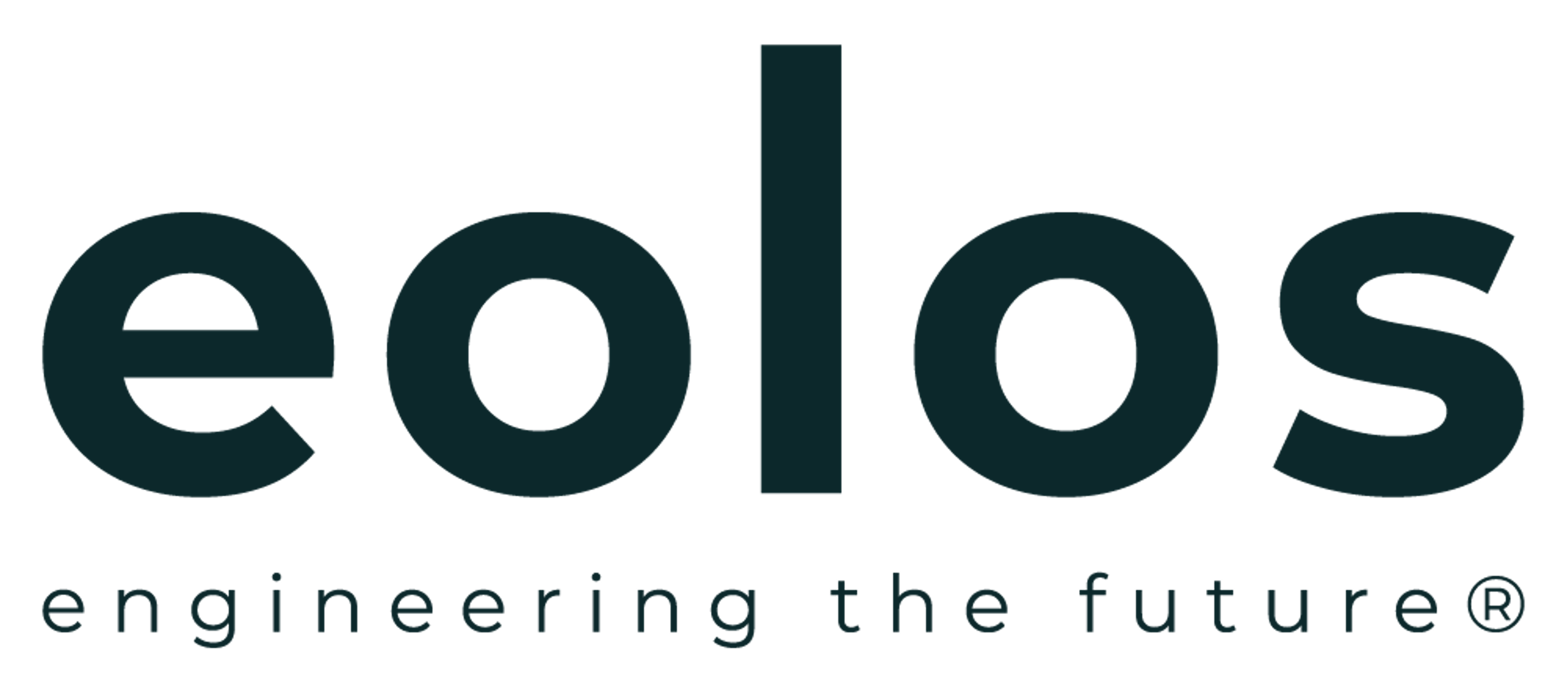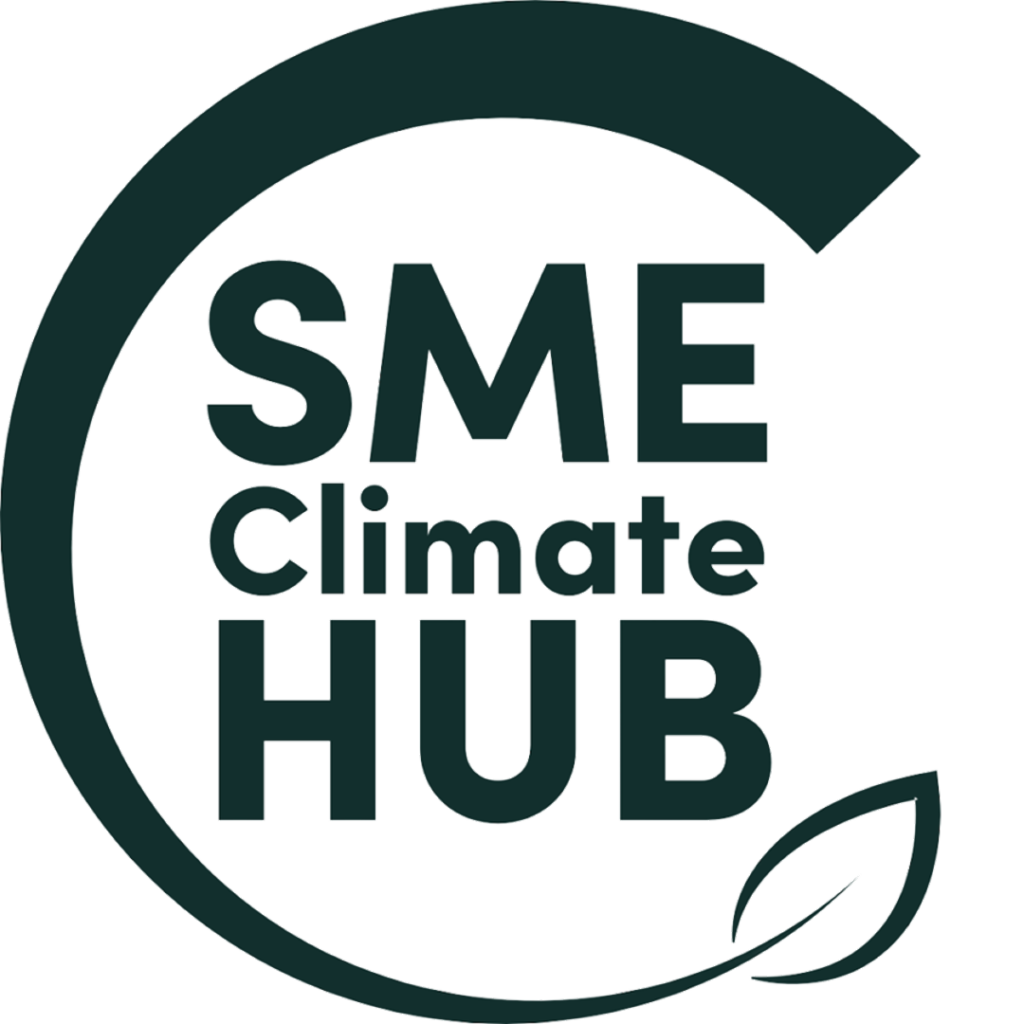HAGER GROUP: Annual Report 2021/22 – Decarbonising business
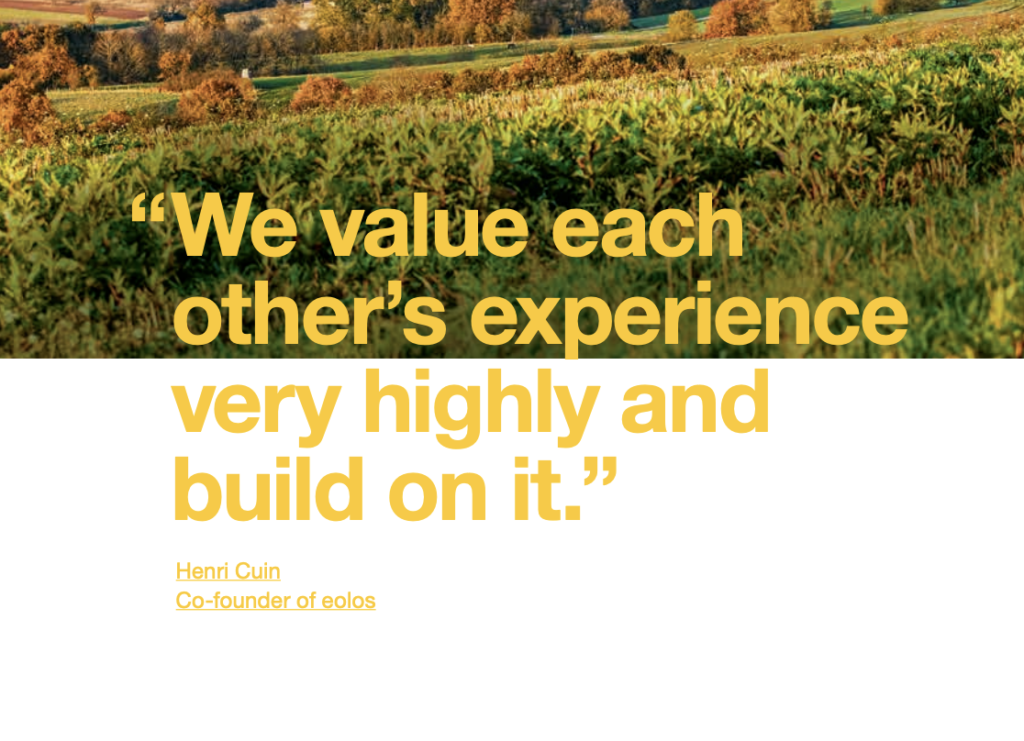
Back in 2020, we started
to look together at the main environmental trends that will shape the electrical world, from a regulatory,
customer, social and technological
perspective.
AERRL: a study on alternatives to fossil fuels in railway
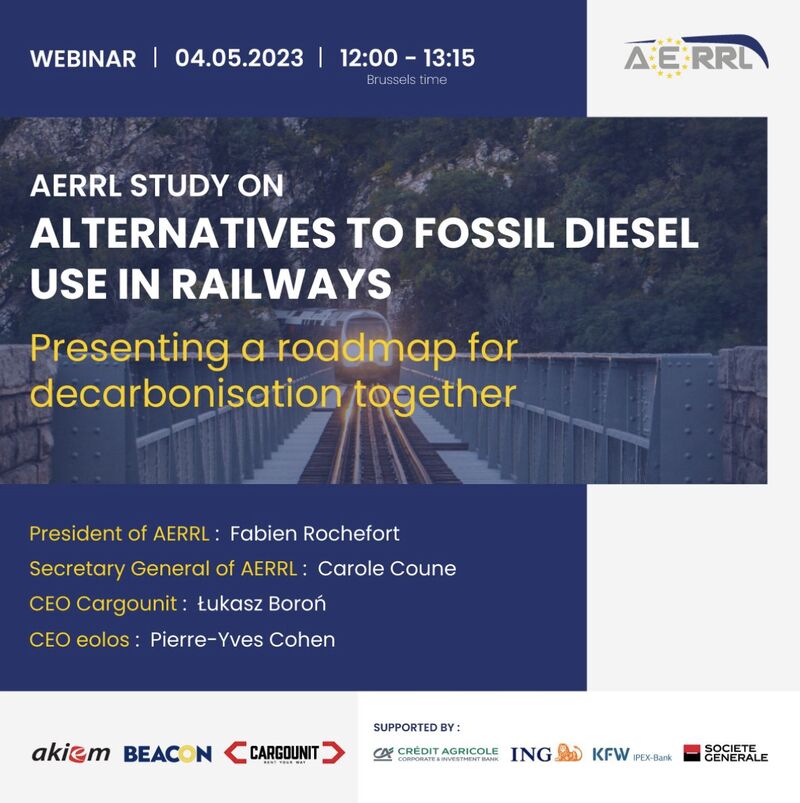
AERRL has launched this study authored by eolos GmbH to identify and promote technologies to cut the climate impact of the existing diesel-powered rail fleets in the near
future.
What does industrial decarbonization look like?
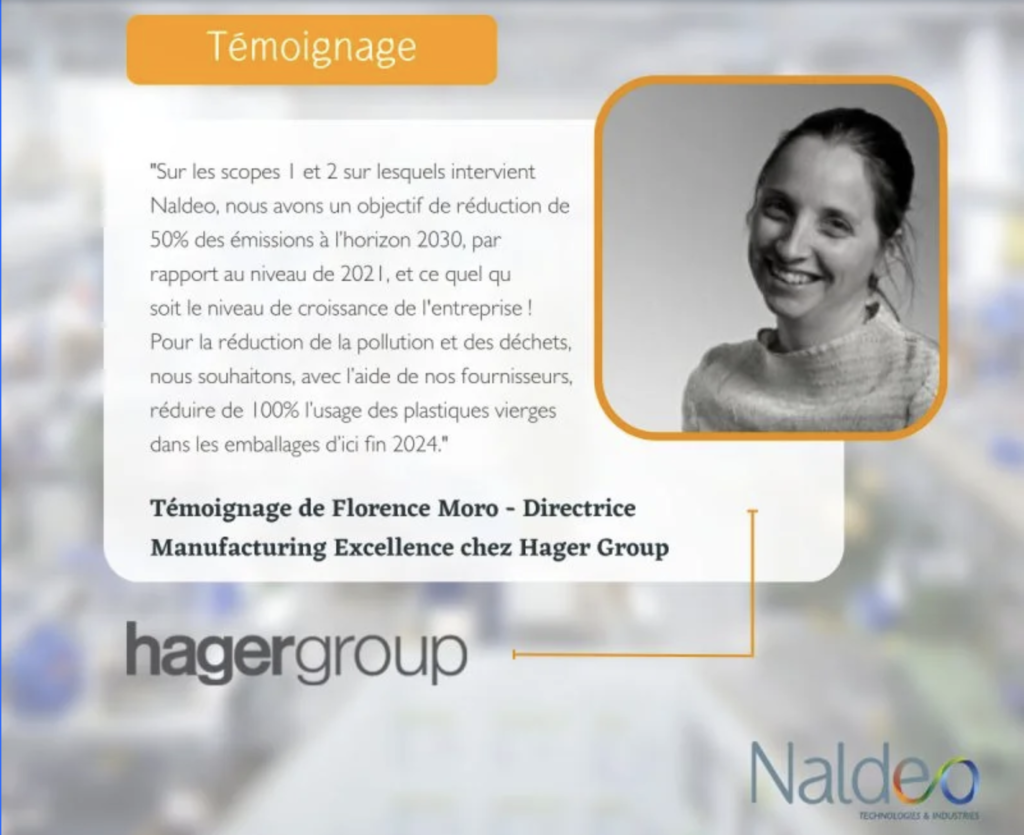
Hager Group, advised by eolos, is working towards manufacturing eco-responsibility. By involving plant energy managers and implementing improvements, they reduced CO2 emissions by 1% in Q3 2022, eliminated 200 tons of non-recycled plastic packaging, and aim for 100% sustainable packaging by 2024.
Detailed Scope 3 Carbon Footprint

In a 6-month project with a locomotive lessor, we provided a Company Carbon Footprint, auditing Scopes 1&2 and assessing Scope 3 emissions. Granular analysis offered actionable levers for environmentally-conscious asset purchasing strategies. The GHG Protocol-compliant report facilitated future internal assessments.
Efficient Carbon Footprinting Tool

We collaborated with Austria’s ÖBB for 3 months to provide them with a tailored tool for accurate Company Carbon Footprint assessment and prioritization of improvements. Working with TU Graz, we identified top CO2 emitters and conducted workshops, empowering ÖBB to manage its carbon footprint effectively.
Les mots de l’engagement climatique : on parle de quoi?

S’exprimer malgré un vocabulaire mouvant et construire un consensus sémantique entre les milieux. Les préoccupations environnementales se font plus pressantes et les entreprises et gouvernements sont encouragées à déclarer leurs objectifs d’émissions de gaz à effet de serre.
The window of opportunity to address climate change is decreasing

This article highlights climate change’s adverse impacts on humans and ecosystems, exacerbating vulnerability and global inequalities. These details are in the IPCC report. Climate risk depends on mitigation and adaptation efforts. Integrating these measures enables climate-resilient development. Maladaptation can be avoided with inclusive, long-term planning.
Carbon Emissions & the Industry

To achieve net-zero emissions by 2050, industries must understand and reduce their carbon footprint. The focus has shifted from emissions per product to absolute emissions reduction. Governments and businesses must collaborate, leveraging disruptive innovation, circular economy principles, and resource value retention frameworks to achieve balance between resource use and future planetary protection.
Et si on verdissait les ports français?
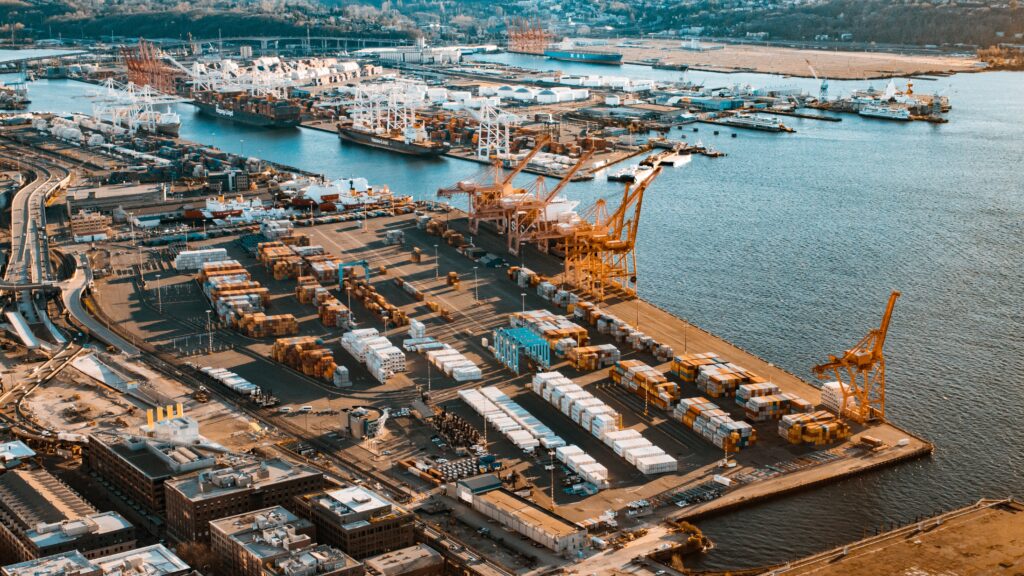
« Fixer le cap » : c’est l’ambition de la nouvelle stratégie nationale portuaire, qui s’inscrit dans le plan de relance français, afin de (re)positionner les ports relance économique et de la transition écologique. Parce que demain il n’y aura qu’une croissance: La croissance Verte Bleue La France c’est plus de 20 000 kilomètres de côtes, […]
Decarbonising Energy: Repurposing and Recycling End-of-Life Batteries

Batteries can contribute to sustainable development and climate change mitigation. But they require major changes in the value chain, from materials sourcing to end-of-life management. Europe aims to build a sustainable internal battery value chain, creating business opportunities and addressing environmental concerns through circular approaches, recycling, and repurposing.
